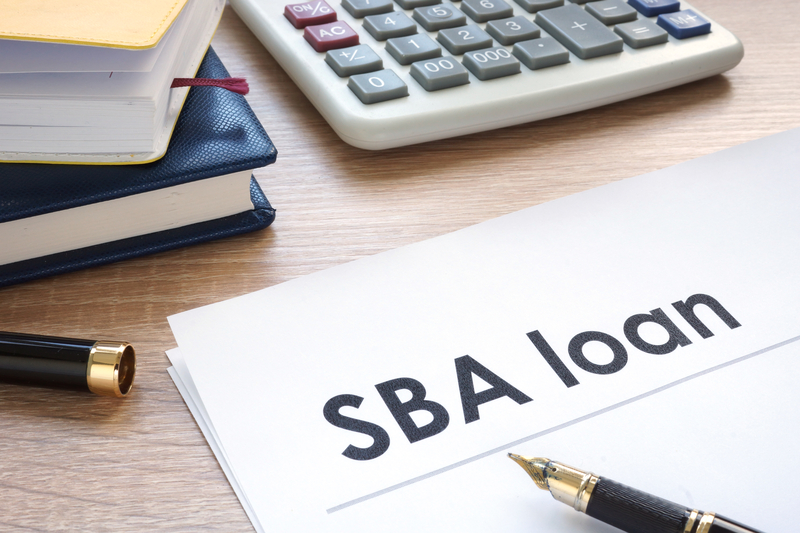There is a lot to think about when selling your business for retirement purposes. There are different areas and topics to consider, ranging from personal to financial, in addition to transitioning the business for employees and clients and finding the best business broker that has the expertise to give you the professional guidance you will need to navigate you through the business sell process to achieve your short-term and long-term goals.
This blog will offer you tips for selling your business for maximum profit and different areas you might want to consider for your business sale to optimize your retirement planning.
Selling Your Business for Retirement: Tips to Maximize Profit
1. Understanding the Market Value of Your Business Sale
Understanding the market value of your business is an important factor for planning your retirement. Pacific Business Sales offers free ongoing Market Valuations on an annual basis for those planning for retirement[1]. A market valuation will help you evaluate whether the sale of your business will give you enough money post-sale to achieve your retirement goals.
These market valuations will show how much your business is worth today. They can also reveal any factors that help or hurt business value. With this information, you can take actions to increase its worth and maximize cash for your retirement when it’s time to sell.
2. Develop & Implement an Exit Strategy for Retirement Success
It is important as a business owner to have a clear exit strategy in place to optimize retirement planning. The optimum time to start planning your exit is two to three years before you plan to sell and retire. With a plan in place, you are more likely to sell your business for maximum retirement profit.
During this time, it is important to work with a professional business broker like Pacific Business Sales. Contact us for a free copy of our Exit Strategy guide and any questions that you might have.
3. Timing the Sale of Your Business
When is the best time to sell my business? The answer to that question varies from business to business. Businesses sell for a variety of reasons, and most business owners contact a broker when they are ready to list and sell in the immediate or near future.
When your timing is immediate or in the near term, Pacific Business Sales will prepare a free-market value analysis and guide you through the sales process and what to expect.
The best-case scenario would be to have an exit strategy in place and plan two to three years ahead of time. This will optimize your income goals for the future and make your business more marketable with a higher likelihood of maximizing the profit for retirement you will receive for the sale of your business.
4. A Step-by-Step Guide to the Business Sale Process
- Market Value Analysis:
The first step for selling your business through a professional business broker to maximize retirement profit is to get a free-market value analysis. Pacific Business Sales will ask you to send the past three years Tax Returns, the past three years financial statements including P&L’s, Balance Sheets and the current YTD financials for your business. If you carry inventory, you will need to provide the inventory value, and if you’re a construction or manufacturing company, you will need to provide a WIP report and a narrative of your backlog. - Representation Agreement
When complete the Market Value of your business will be reviewed with you and a listing price will be determined. If you move forward with your business sale you will be sent a Representation Agreement to review and sign. - Creating Market Materials; CIM (Confidential Information Memorandum)
Once the Representation Agreement is signed, a Confidential Information Memorandum (CIM) will be drafted with all of the information about your business. The CIM acts as a prospectus for your company and is provided to buyers when they have signed an NDA and completed a buyer profile with proof that they qualify to purchase your business. - Buyers
Buyers are screened with an initial call with the broker before talking with you. If they qualify and are still interested in proceeding a buyer seller meeting will be arranged for both parties to ask questions and be introduced. - LOI or Purchase Agreement
If the buyer is interested, they will have an LOI or Purchase Agreement drafted by their attorney or the broker. If the price and terms are acceptable all parties will sign the agreement and due diligence will start. - Due Diligence
Due diligence is one of the most important steps in the business sale process. The buyer determines that all of the financials provided to them are accurate and the business is worth the price that they have offered. The seller has due diligence also asking the buyer for proof of funds, buyer resume, and personal financial information if there is a seller note included in the terms. - Opening Escrow and Closing
When due diligence is complete buyer and seller will sign off on due diligence then escrow is opened. Escrow will run lien searches on the business and work with the bank to prepare for closing.
The broker will work with the bank and escrow to ensure that the business sale will go as smooth as possible for all parties.
Tax Planning Before a Business Sale: Keep More for Retirement
Understanding the tax implications after the sale of your business is another important factor in maximizing retirement profit from your business sale. Taxes can have a significant impact on the amount of money you walk away with after the sale of your business.
Selling your business can lead to capital gains tax on the proceeds from your business sale. In addition to capital gains tax there are other taxes to consider, income tax, sales tax, and payroll tax. There are tax strategies available to business owners that consider all the tax factors for your business and will minimize the amount of taxes that you pay when exiting the business. It is a good idea to consult with your tax advisor and/or financial planner to ensure the best tax plan for you to ensure that you keep as much of your hard-earned profits as possible.
Why Expert Help Matters When Selling Your Business
Selling your business for the maximum profit takes careful planning. You need to know the value of your business. It’s also important to find the key things that add to its value. On top of that, getting ready financially is also very important. Creating an exit strategy and picking the right time to sell can make a big difference in how much money you make.
Maximize Retirement Profit with a Strategic Business Sale
Planning for your life after selling, like investing wisely and implementing tax strategies, is key to securing your future. By following these selling business tips, you can make sales easier and get the most money from selling your business. It is important to obtain professional guidance from an experienced business broker.
If you want expert help maximizing your business value and retirement proceeds from sale of your business, contact Pacific Business Sales Today.
[1] Pacific Business Sales reserves the right to refuse to provide a market valuation at its sole discretion.





